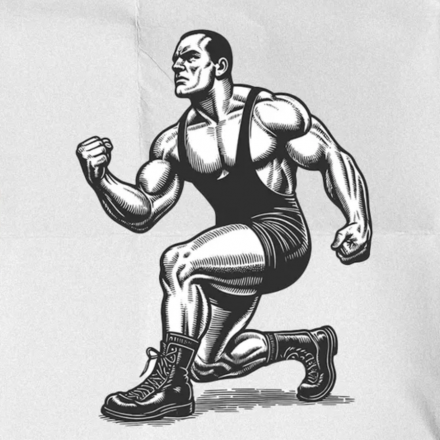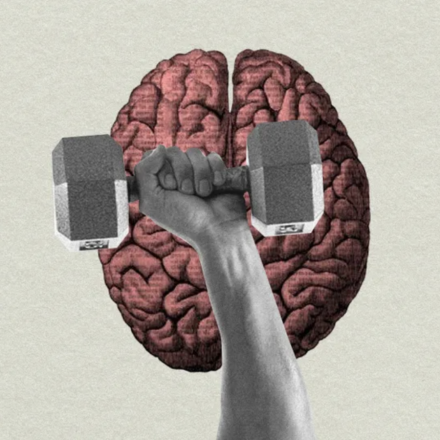If your goal is muscle growth, the first thing you need to understand is this: building muscle and increasing strength are two different processes. Yes, training for hypertrophy will make you stronger, and strength training will add some muscle, but the approaches are fundamentally different.
Muscle Training Myths
Forget the “golden rules” like four sets of ten, tempo reps, or a fixed exercise list. Muscle growth depends more on how you train than what you do. The same exercise can either build muscle or increase strength, depending on your approach.
Effective Reps – The Key to Growth
Science shows that muscles grow through mechanical tension when fibers are pushed close to failure. The last 4–5 reps of a set provide the greatest hypertrophy stimulus. These are called effective reps.
The weight you use doesn’t matter. What matters is pushing your muscles close to failure. Even light dumbbells work if the set is sufficiently intense. The key is truly working to the limit, not just slowing down the reps.
Leave 1–2 Reps in the Tank
Training to failure is taxing on the nervous system and slows recovery. Experts recommend finishing each set 1–2 reps before failure. This allows more frequent training while stimulating growth without excessive fatigue.
Free Weights vs Machines
For muscle growth, it doesn’t matter if you use dumbbells, barbells, or machines. What matters are effective reps and sufficient frequency. Optimal: 3 sets of 4–8 reps per muscle group with 3 minutes of rest between sets.
Progression Without Obsession
The principle of progressive overload still applies: muscles grow when the load gradually increases. But you don’t need to add weight or reps every session. Simply aiming for progression is enough, and the muscles will respond.
Training Frequency
Muscles need at least 2–3 days of recovery. Typically, each muscle group is trained 1–2 times per week, with progressive overload and effective reps.
Muscle growth doesn’t require extreme volume or exotic exercises. Simply:
- train close to failure,
- leave 1–2 reps in the tank,
- use progressive overload,
- allow muscles to recover,
- and choose a training format that works for you: split or full-body.
Follow these rules, and your muscles will grow while your shirt sleeves gradually feel tighter — the best sign of progress.


















